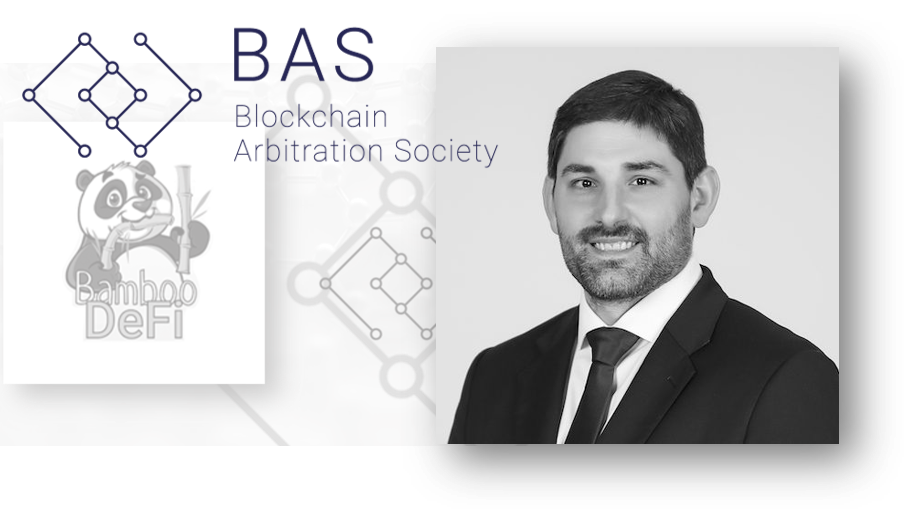On November 12, 2021, the Arbitration Court of the Blockchain Association Society issued an award dismissing the arbitration claim filed by a user of the Defi BAMBOODEFI protocol developed by Nexxyo Labs.
The publication of the award was widely commented in different social networks, creating an enriching legal debate for what we consider to be the birth of a new jurisdiction.
One of the most debated issues, and which will be the subject of this article, was that of standing as to the defendant. The issue is not trivial and much has been written about it.
New technologies and new legal orders
Technology is bursting with force in this last decade and with it the legal debate on how to “fit” the figures of the classic compilations of our legal system.
Artificial Intelligence and Robotics are examples of this, raising not only a legal debate but also a moral or ethical debate, which undoubtedly require specific regulations from the regulator (existing, but mostly under development).
But the most disruptive technology in this sense has undoubtedly been blockchain, in that it involves a form of community organization by which, in a decentralized manner, users decide how it works and in which it is very difficult, if not impossible, for a third party to intervene. This technology has led to the emergence of Decentralized Autonomous Organizations (hereinafter DAOs).
Decentralized Autonomous Organizations
In this sense, most authors have debated to find the legal figure that fits into what a DAO is, in order to be able to respond to how it is regulated or the legal personality of the same. In any case, we can only conclude that, despite having specific features that fit into traditional legal figures, the reality is that we are dealing with a new form of organization, with operating rules that emanate from the free will of the parties that generates an authentic and proper form of law.
We already find authors who have studied this type of organization. From a Spanish civil law perspective, it has been considered whether this type of organization constitutes a company, based on the idea that there is an “affectio societatis”, in the light of article 1665 of the CC, which defines a company as a contract by which two or more persons undertake to put money, goods or industry in common, with the intention of sharing the profits between them.
The justification of such willingness to associate would make sense at the time that the various users provide funds and the execution of the various intelligent contracts that aims to provide the protocol with the ability to function and operate.
Similarly, the object of the organization would not be very different from that of a common company in that in the DAO in most cases a delivery of tokens is expected as a reward, very similar to the corporate distribution and dividends.
In this regard, in a must-read article by ERCILLA GARCIA:
“Therefore, a DAo would not be an Irregular Civil Company, but it would fulfill the requirements of the Civil Company contract itself. And this because there is an “animus societas” among the capitalists who constitute it and give it life by contributing funds, there is an object -which must be lawful-, the form is not a determining element as no real estate or real rights are contributed, but only cryptocurrency funds, the agreements are not secret among the stakeholders and they cannot contract in their own name with third parties for the company”.
1 JAVIER, ERCILLA GARCIA Magistrate LEGAL APPROXIMATION TO DECENTRALIZED AUTONOMOUS ORGANIZATIONS
This author also analyzes the figure of the DAOs with the figure of the Community of Goods.
The determination of whether it is a company or a community of goods, with the legal consequences that it would entail, seems to depend on what the community itself wants to determine, respecting the principle of autonomy of the will.
In any case, in accordance with Article 6.2 of the LEC, a DAO could have standing to sue: “Without prejudice to the liability which, in accordance with the law, may correspond to the managers or the participants, the entities which, not having fulfilled the requirements legally established to become legal persons, are formed by a plurality of personal and patrimonial elements placed at the service of a specific purpose, may be sued”. although we could undoubtedly find ourselves facing numerous problems or obstacles in the realization of the law.
There is no doubt that the legal debate is being served, and we will see how it develops over time, but I think it is not wrong to point out that most of the doctrine agrees that the traditional figures and the traditional system is not prepared to deal with the new concepts and realities presented by this type of organization.
DAO and traditional legal figures
It should be borne in mind that, although DAOs can be studied from the point of view of traditional legal figures, as we have explained, if we look at the reality of this type of organization we can only conclude that it is very difficult to transfer possible disputes to the ordinary courts.
Firstly, because these types of organizations are usually 100% anonymous, unlike the case of the BAS Award in which the information of the technology company that executed the parent smart contract (Zookeeper) and the rest of the smart contracts was available.
This is undoubtedly the exception, so not being able to identify the person or technology company behind the project only makes it more difficult to develop a claim in the ordinary jurisdiction.
The components of the DAO are not identifiable, they are simply different portfolios operating through the protocol, with the obvious difficulty of demanding and notifying a possible legal claim.
It is clear that the reality of DAOs requires effective mechanisms for possible differences or disputes that arise. And these, in my humble opinion, cannot be offered by ordinary jurisdiction.
In the last year we have seen how more than a few associations related to blockchain technology have emerged, among them Blockchain Arbitration Society.
Undoubtedly one of the basic pillars of the issue raised in this article is formation and association. First of all, as this technology is trained and informed, common criteria will be generated, protocols will be more secure through audits and common standards will undoubtedly be set, which will be a guarantee for users.
This, without losing sight of the true nature of these organizations, which is none other than decentralization.
In the same way, the associations that develop this technology will facilitate the implementation of standards, promote training and enable users to have organizations to turn to or consult for any doubts or conflicts that may arise.
Would you like to become a member and be part of their community?
Check the benefits and membership plans.
Imports of entities such as BAS for conflict resolution
Therefore, we insist that organizations such as the BAS or similar existing associations have an essential role to play in this regard. Providing legal certainty to the DAOS is not contrary to them retaining their essence of decentralization. In the same way that a user should have the diligence to study the protocol or technical document of the whitepaper to know if it is audited from a programming point of view of smartcontracts, the DAOS should offer a guarantee of legal security through arbitration as a means of dispute resolution beyond the voting possibilities that are implicit in this type of organization.



